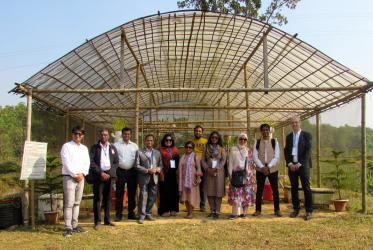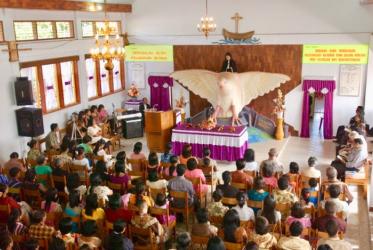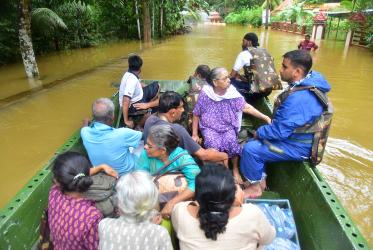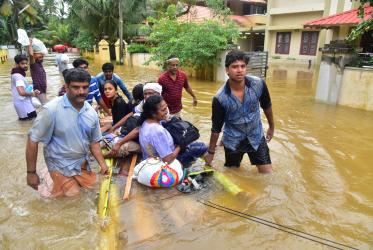Displaying 81 - 100 of 208
WCC condemns massacre of farmers in Philippines
12 April 2019
Workshop in Bangladesh links climate, economic justice
07 February 2019
All pilgrim routes lead to COP24
11 December 2018
WCC supports UN petition from French Polynesia
07 November 2018
WCC represented at International Sanitation Convention in India
18 October 2018
WCC calls for prayer for flood-stricken Kerala, India
18 August 2018









